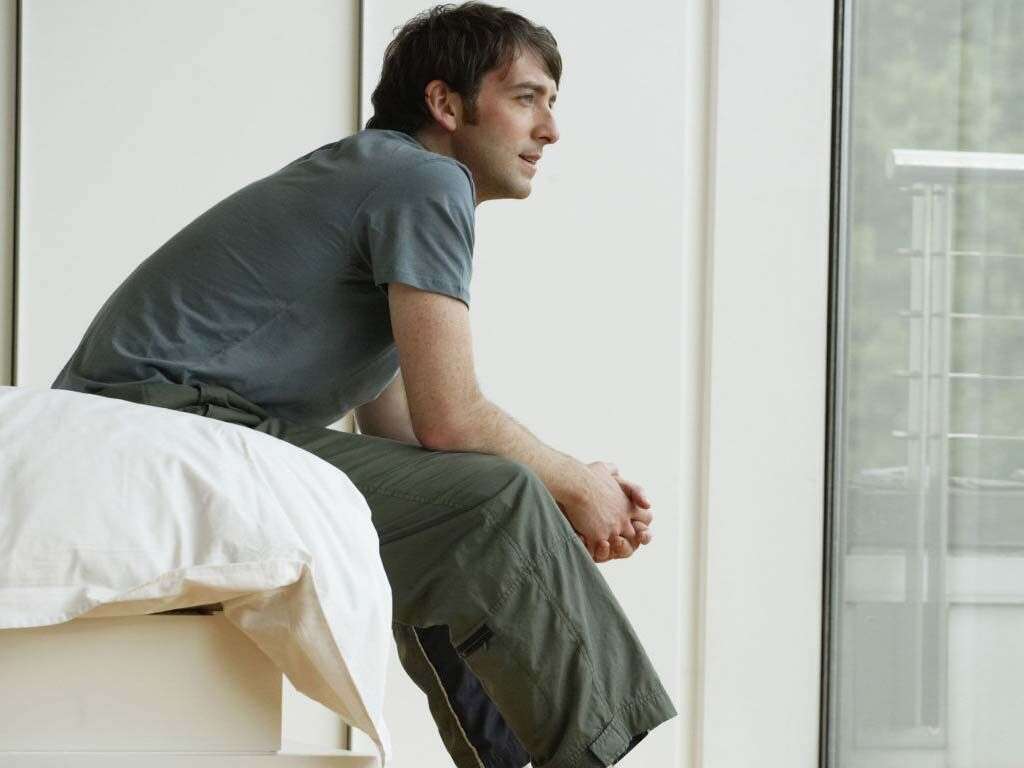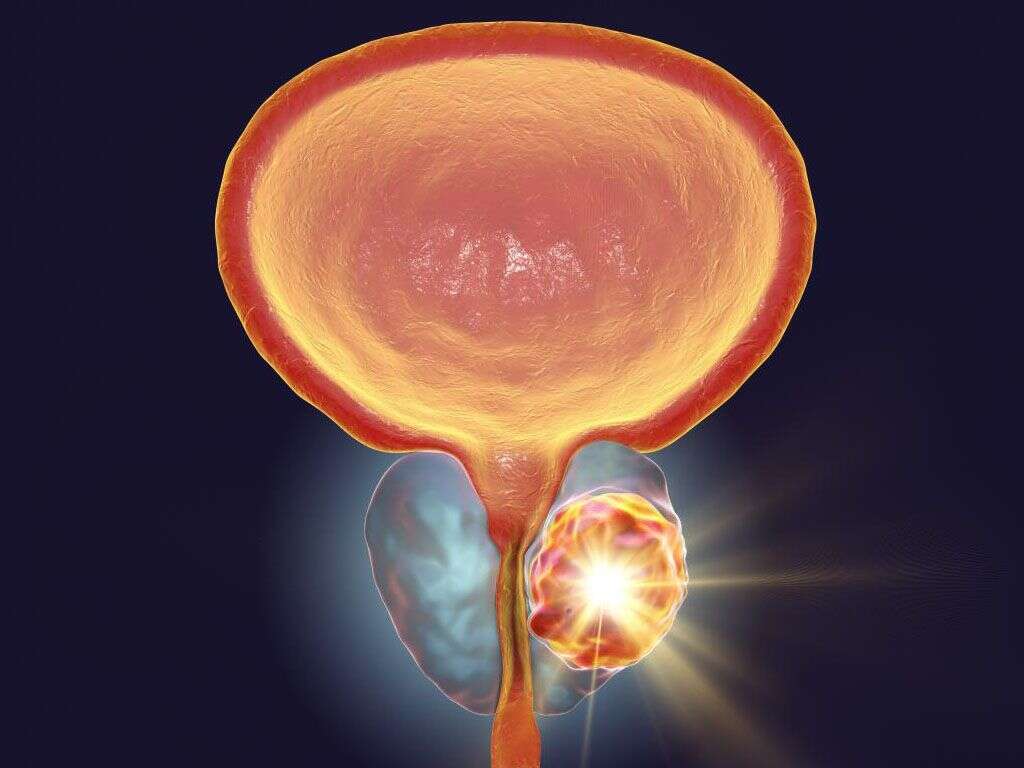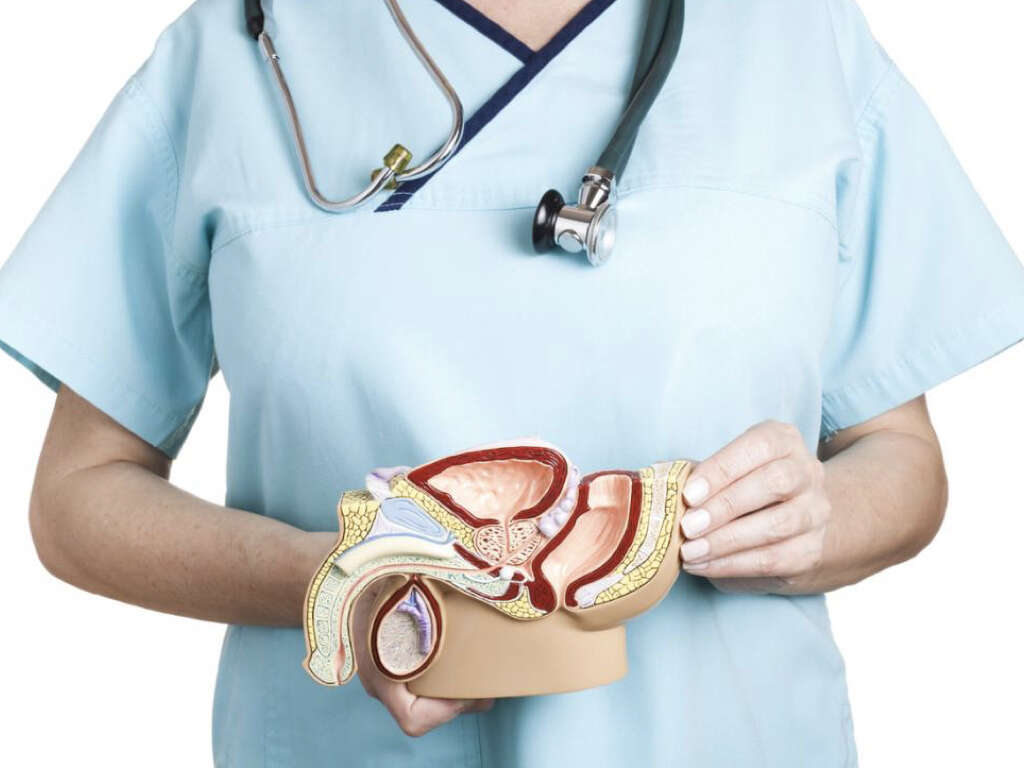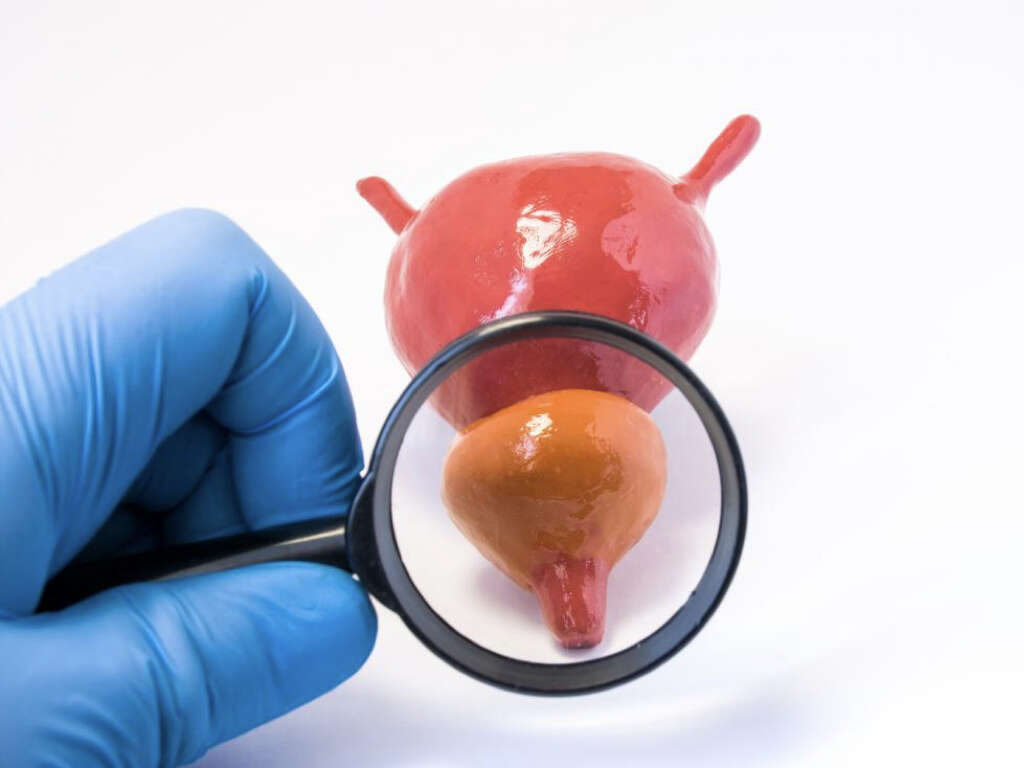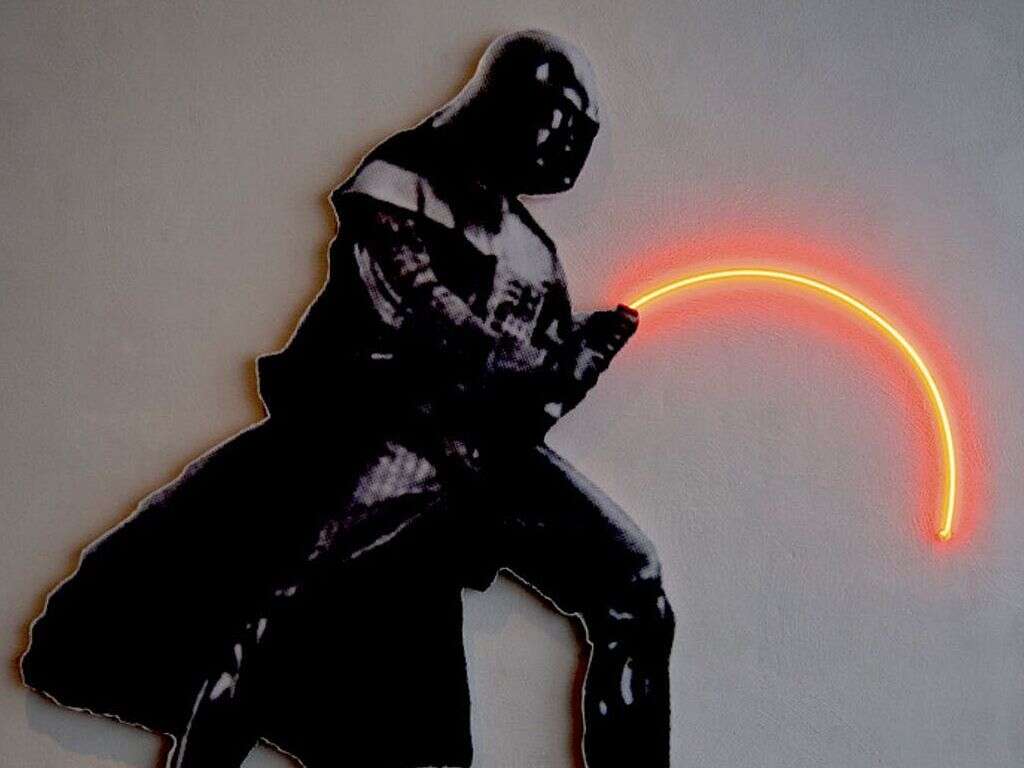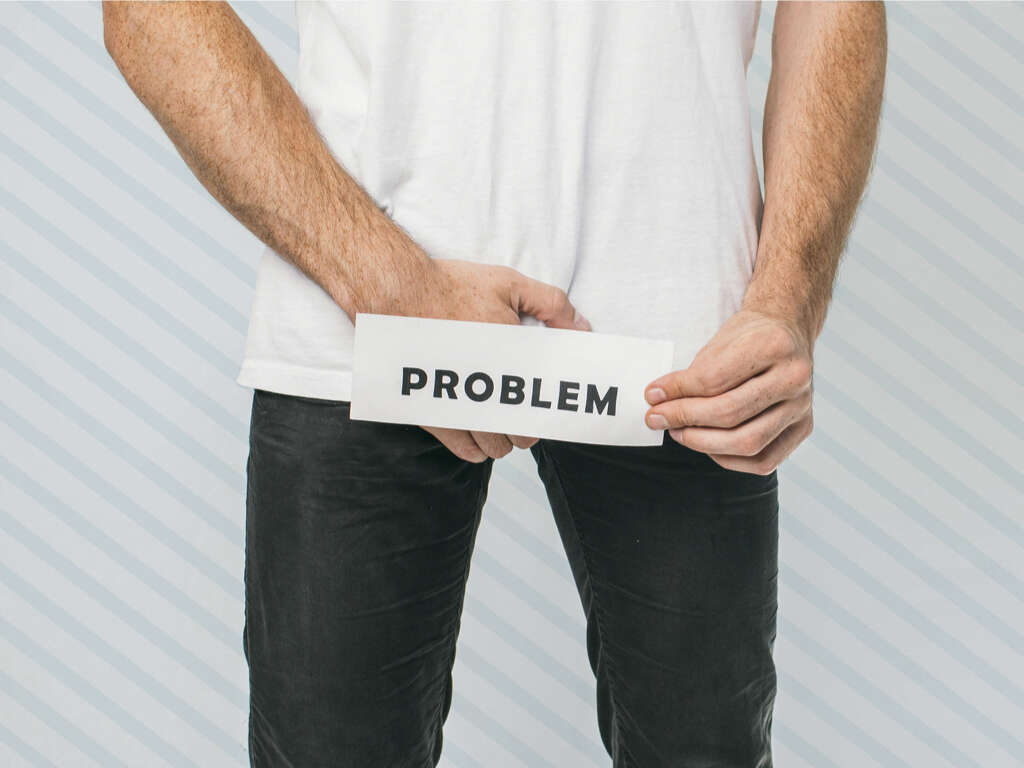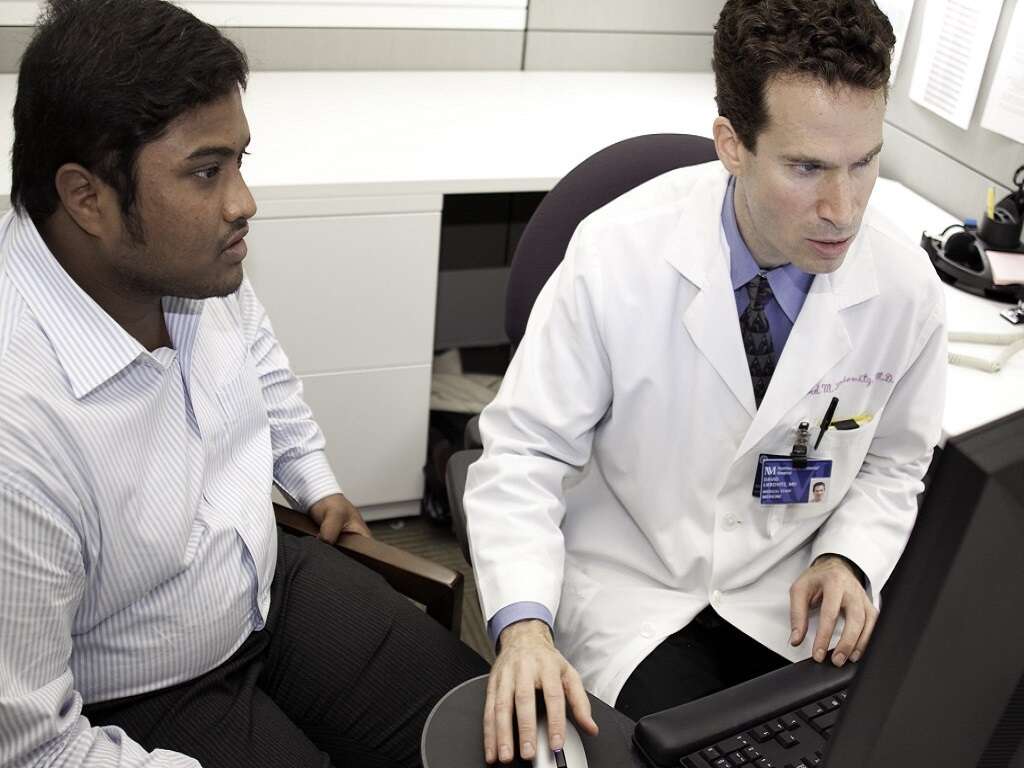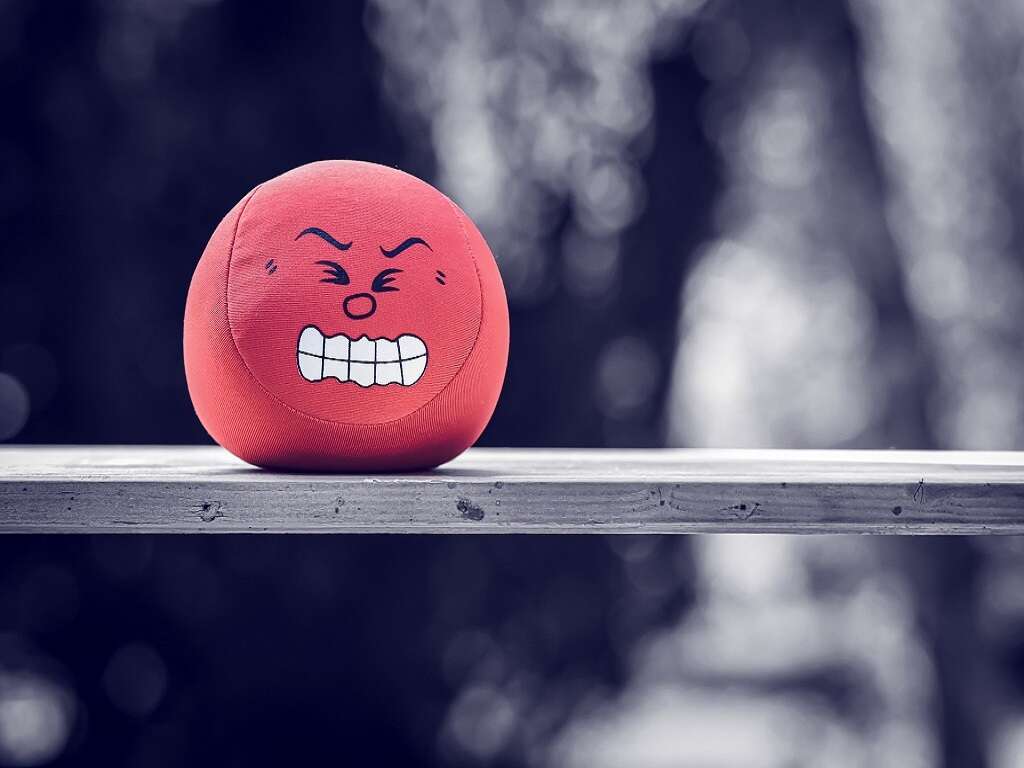10 Causes of Testicle Pain
The testicles play a very important function for human males. They act as a storage for semen, keeping it safe until it is needed. They also help to keep the semen at the right temperature to make sure it remains healthy. The testicles are kept in a protective sac known as the scrotum, but despite that protection things can still go wrong.
The testicles and scrotum are quite delicate and since they are external, they can be vulnerable to physical damage. They can also become infected or experience other complications that can lead to pain and swelling. While many complications can be treated with antibiotics, other issues require surgery, which may result in sterilization or loss of one testicle altogether. If you are experiencing pain in the testicles, you should arrange to see a medical professional as soon as possible.
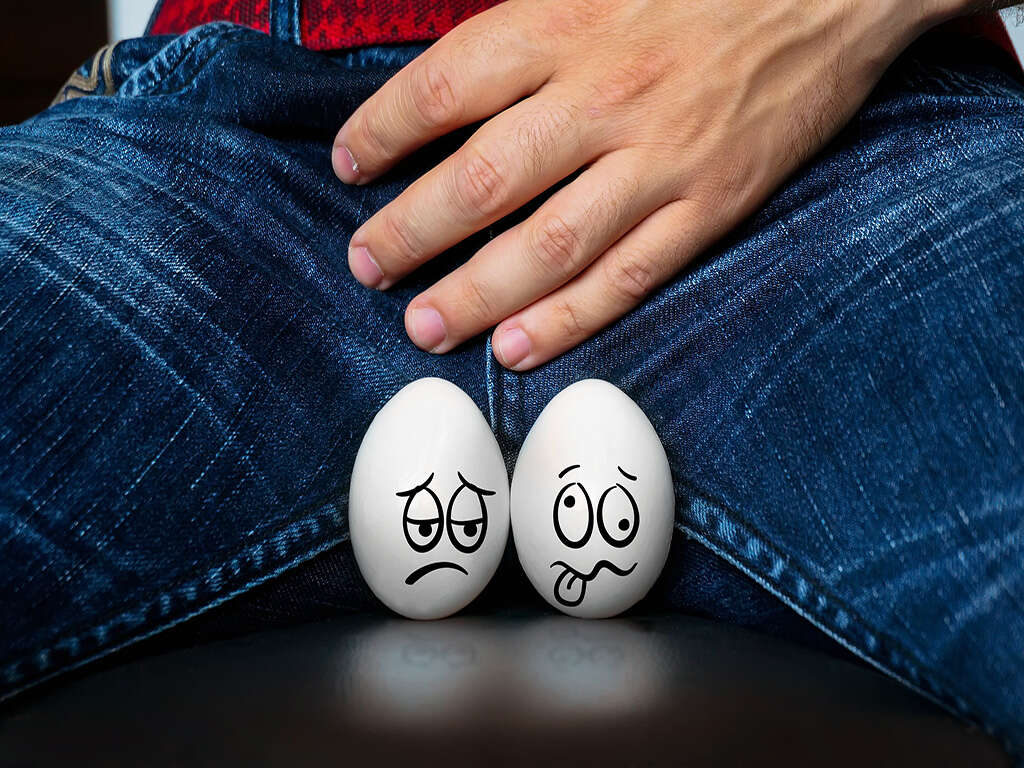
Cause #1: Testicular Torsion
The testicles are attached to the body mainly by the spermatic cord. While you’re not likely to experience problems with this cord, it can receive an unpleasant injury if you are not careful. Testicular torsion is one such injury, and is the name given when the spermatic cord is twisted through injury 1https://www.mayoclinic.org/diseases-conditions/testicular-torsion/symptoms-causes/syc-20378270.
Severe twisting of this cord can potentially cut off the blood supply and this can lead to serious physical consequences. Torsion is an extremely painful injury to endure, but the severe pain means the injury is not likely to go untreated for long. Surgery is often necessary to fix the injury.

Cause #2: Inguinal Hernia
The organs of our bodies are held into place by tissues and muscles, and they will usually stay firmly in place without a problem. Sometimes, though, organs can protrude through our tissues, resulting in what is known in medical terms as a hernia. This can be quite painful and can also lead to potentially serious complications.
Specifically, an inguinal hernia occurs when part of the abdominal cavity protrudes through the inguinal canal. This canal is located in the groin area and can cause pain in the testicles as well as other symptoms. Among the most common complications associated with this type of hernia is the restriction of blood flow to the intestine.
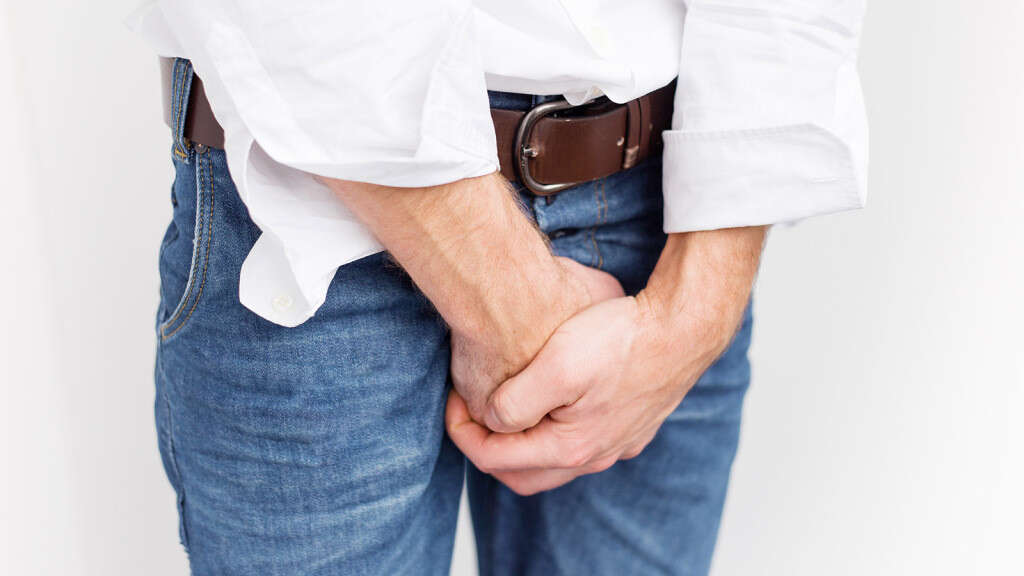
Cause #3: Varicocele
Everybody knows that our blood is pumped around the body by our heart, sending it through a system of tubes we know as veins, arteries and capillaries. In order to make sure that the blood flows in the right direction, and that gravity doesn’t cause it to pool, these tubes have valves that help control the flow. Sometimes, though, these valves can become faulty.
When this occurs specifically in the testicles, it is known as varicocele and it nearly always occurs in the left testicle. It is often clearly visible soon into the onset of the condition and can cause soreness. It is often treated with anti-inflammatories, although surgery is sometimes required.

Cause #4: Rupture
The testicles are held in the scrotum, which is a protective sac made from skin and other soft tissues. It does a fairly good job of keeping the testes inside safe, but the soft tissues are relatively prone to damage. If you are unfortunate enough, these soft tissues can be ripped open, causing a rupture in the scrotal sac.
A rupture of the scrotum is likely to be very painful, meaning there is a high chance you will seek medical assistance. Failing to treat the condition in time could mean losing the testicle altogether. If you have ruptured your scrotum then you should seek emergency medical help as soon as you can.
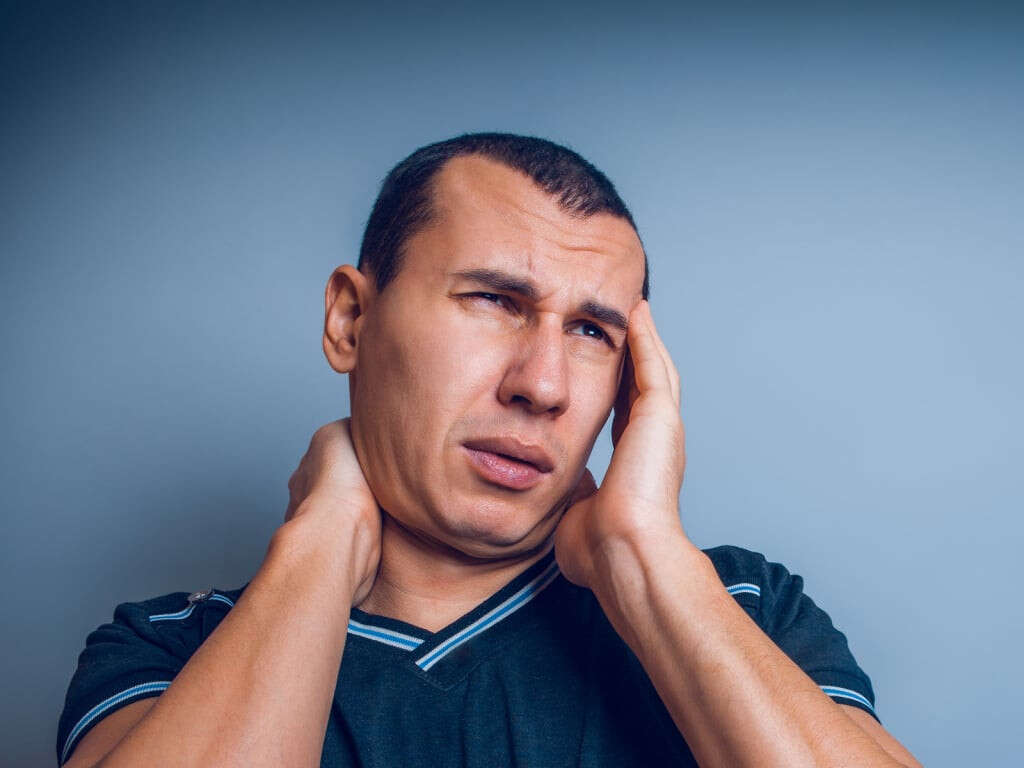
Cause #5: Cancer
Cancer has plagued mankind since we can remember, although we are making progress in dealing with it. We are now able to slow its progress more effectively than ever before, and in some cases, we are even able to cure it completely. Regardless, it is something that should always be taken very seriously.
Testicular cancer is not usually painful so it will often go unnoticed. Regular, thorough checks are advised to help identify a cancer as soon as possible so treatment can be sought. The good news is that testicular cancer is relatively easy to remove, meaning you should make a full recovery minus one testicle. It is essential that it be treated as soon as possible, though, so don’t waste any time in seeking medical assistance if you do find a lump that shouldn’t be there.

Cause #6: Spermatocele
Cysts are fairly common and can be found pretty much anywhere in the body. They are usually caused by an infection, or perhaps by the clogging of pores or glands. They are generally little more than contained pockets of fluids and are usually benign. They can also occur in the epididymis, which is a tube that helps carry sperm.
If left untreated, a cyst in the epididymis, known as a spermatocele, can grow to be quite large. It is usually treated with antibiotics and can be cured completely with no lasting damage. Surgery can be performed in severe cases, but this can potentially cause the patient to become sterile.
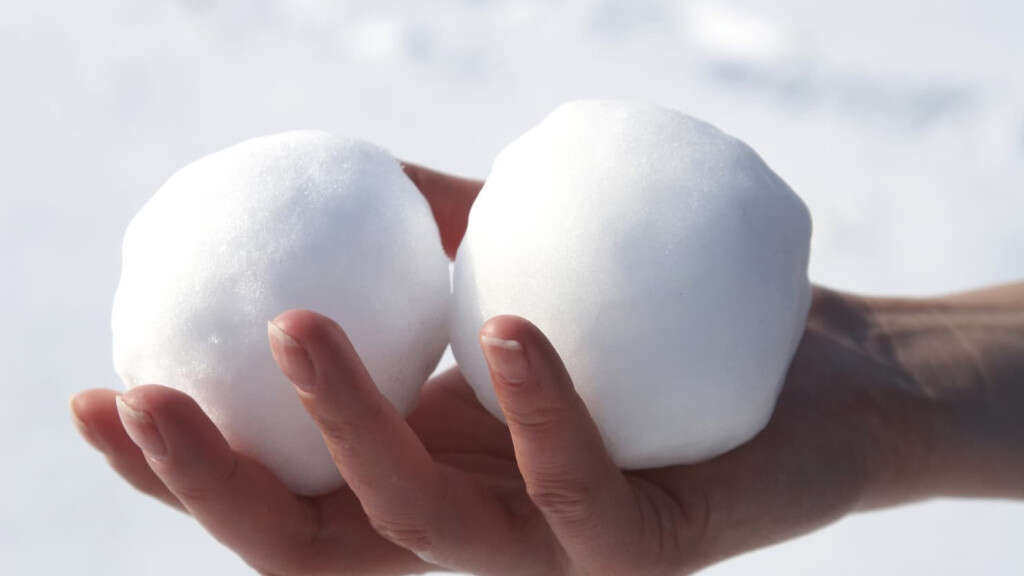
Cause #7: Hematocele
It is common knowledge that you should never hit any man, or woman, in the nether regions. It is quite delicate down there and it can be quite easy to cause lasting damage. Plus, the pain in and of itself is something that should be enough to stop you from doing it. Regardless, whether purposely or accidentally, such blows do happen and cause a body cavity to fill with blood. This is known as a hematocele.
Receiving a blow in the testes could potentially cause internal bleeding, and this can mean the scrotum fills up with blood. While this will quite often heal naturally within a day or two, medical assistance is sometimes needed. It can be necessary to have the excess blood drained, and more extensive surgery may be required in some cases.

Cause #8: Epididymitis
The body is interlaced with various tubes that are responsible for carrying liquids from one place to another. One of these is the epididymis, which is in the testicles and is responsible for carrying sperm. This tube can sometimes become inflamed from certain bacteria, resulting in a condition known medically as epididymitis.
Epididymitis can cause the testicles to become painful, red and visibly swollen. While it can often be treated with antibiotics, surgery is sometimes the only choice. Surgery is likely to cause the patient to become sterile, so if you are experiencing pain in that area you should seek medical assistance as soon as possible.
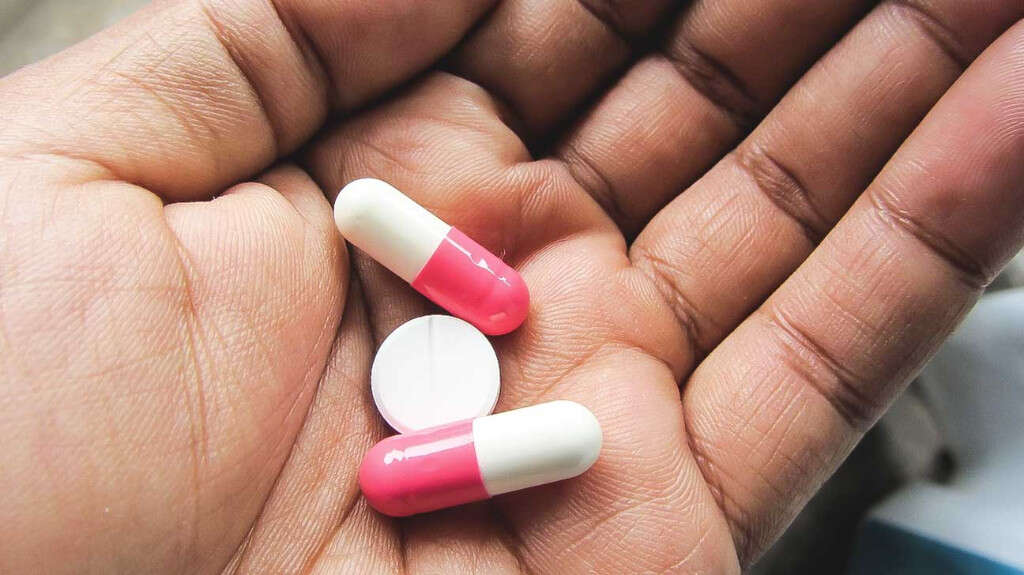
Cause #9: Kidney Stones
Kidney stones are a result of deposits of salt and minerals that are not flushed out of the kidneys. These small, hard stones take a long time to pass through the system and are notoriously painful. The pain will likely be felt throughout the groin area, including the testicles.
There is not much that can be done about kidney stones, other than to grin and bear it. Drinking plenty of water could help to flush them out, hastening the end to the pain. Painkillers can also be prescribed while in some severe cases surgery may be necessary.

Cause #10: Orchitis
Different parts of our bodies can swell up for different reasons. Sometimes, the reason is quite benign but other times swelling can be an indicator of something quite serious. Orchitis is the medical term for when the testicles become painful and swollen, and it is something that should be taken quite seriously.
Orchitis could be caused by an infection or sexually-transmitted disease. It could also be caused by mumps, which can cause the patient to become sterile if not treated in time. Regardless of the suspected cause, you should see a doctor straight away if you are suffering from orchitis.




